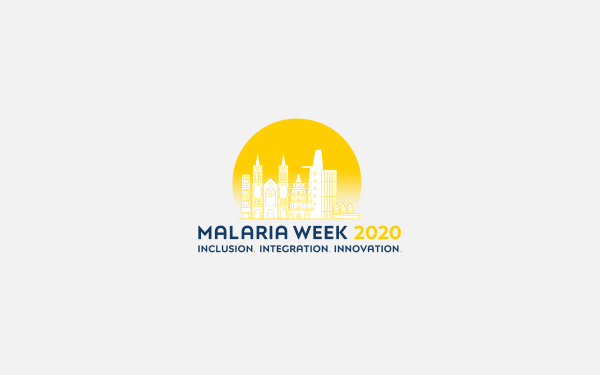Asia Pacific Malaria Elimination Network (APMEN) Program Management Meeting (Monday 4 December 2017)
APMEN Country Partners gathered at Malaria Week to share experiences and advice related to malaria program management challenges and programmatic efficiency.
Partners from 15 Asia Pacific countries participated in the interactive Program Management Workshop, which was led by Amanda Marr Chung and Rima Shretta from UCSF’s Malaria Elimination Initiative (MEI) and featured content from the Bristol Business School at the University of West of England and Coaching Ourselves
The first half of the session highlighted a new tool for malaria program managers to assess opportunities for increased program efficiency, which was developed by the MEI and the Mahidol Oxford Tropical Medicine Research Unit (MORU) with funding from the Asian Development Bank (ADB) Regional Malaria and Other Communicable Disease Threats Trust Fund (RMTF). Called the Malaria Program Efficiency Assessment Tool (MPEAT), the tool allows programs to compare country data on malaria epidemiology, financing, and operations across different years, and against World Health Organization (WHO)-recommended policy benchmarks. Countries can use the outputs to judge their performance on elimination strategies, track progress toward program targets over time, and allocate resources more efficiently.
Bangladesh’s experience in implementing the tool revealed that between 2014 and 2016 they made strides in increasing coverage of long-lasting insecticidal nets, improved case detection, and decreased waste.
The MEI’s work in Swaziland and Zimbabwe was also described, in which they improve malaria service delivery and team performance using change management tools from the private sector.
The remainder of the workshop was organized into multiple ‘consulting-style’ exercises designed to get countries talking about common issues they face in leading the management of their malaria programs. After countries were grouped by their malaria burden (i.e. high, medium, or low), they got their creative juices flowing by illustrating key management challenges on paper. Partners took turns explaining their drawings to others in their group, and then they engaged in a structured ‘friendly consulting’ process to generate solutions to some of the shared problems that were identified.
Some of the country challenges highlighted included uncertain funding environments, weak uptake of new technical strategies and policy guidelines, the risk of a loss of clinical diagnosis skills as malaria disappears, and program governance and oversight limitations in a highly decentralized setting. Consulting recommendations to address these problems included integration of malaria services into broader public health systems and modification of policies and program targets to the specific national or local context.
Further information: Asia Pacific Malaria Elimination Network
Presentations from this session:

